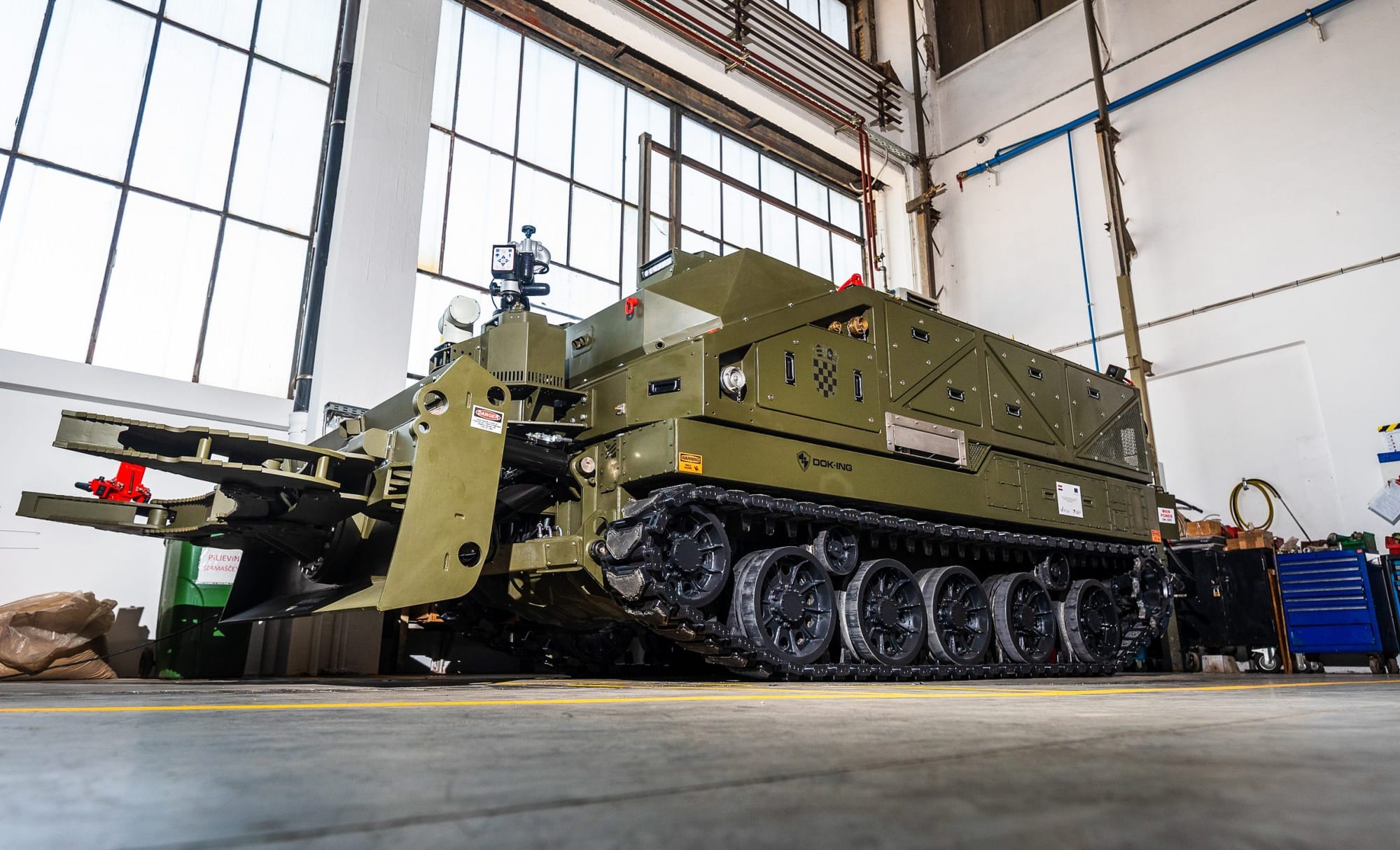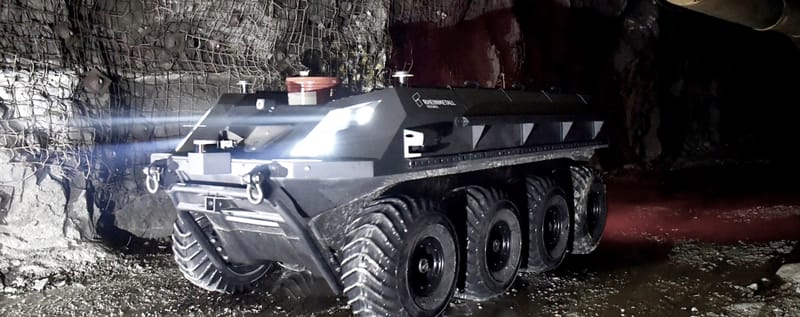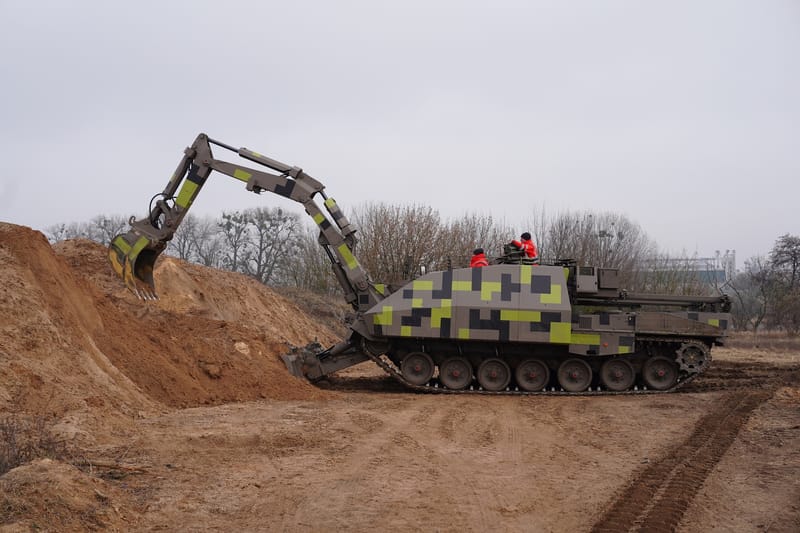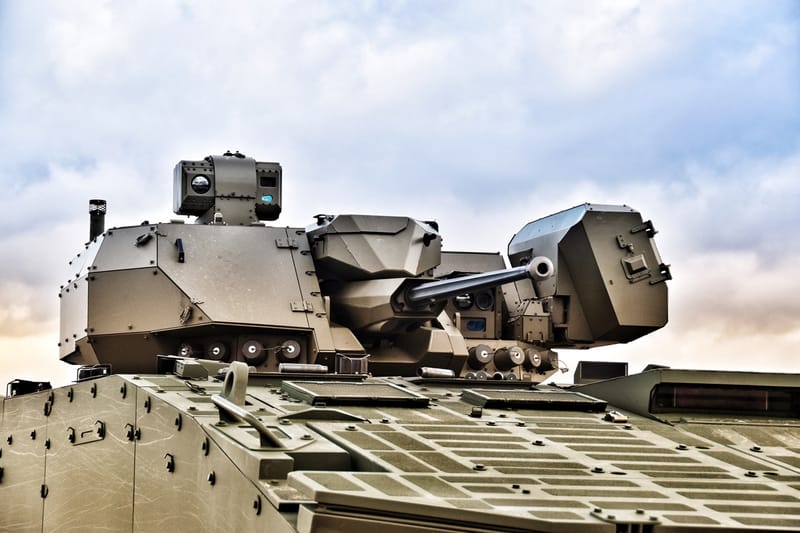Unmanned Ground Combat: Rheinmetall and DOK-ING Collaborate
German defense giant Rheinmetall AG and Croatian unmanned systems specialist DOK-ING have formalized a partnership to develop next-generation unmanned ground systems (UGS). The collaboration was sealed through a Memorandum of Understanding in Berlin on October 28, 2024.

In a significant development for European defense capabilities, German defense giant Rheinmetall AG and Croatian unmanned systems specialist DOK-ING have formalized a partnership to develop next-generation unmanned ground systems (UGS). The collaboration, sealed through a Memorandum of Understanding in Berlin on October 28, 2024, centers on advancing the DOK-ING Komodo platform and introducing sophisticated unmanned systems for mine-scattering and counter-mobility operations.
Strategic Context and European Defense Integration
The partnership emerges amid increasing focus on autonomous military capabilities and European defense autonomy initiatives. This development follows Rheinmetall's broader pattern of strategic partnerships across Europe, including recent collaborations with Anduril for counter-drone systems.
The joint venture's timing is particularly relevant as European nations reassess their defense capabilities in response to evolving security challenges. The collaboration strengthens the European defense industrial base, reducing dependence on external suppliers while enhancing interoperability among NATO allies.
Technical Innovations in the Komodo Platform
The Komodo platform represents a significant advancement in unmanned ground system technology. Its hybrid propulsion system enables operations in extreme conditions, including low-oxygen environments and high-temperature zones, while maintaining optimal performance parameters. This capability is crucial for deployment in varied operational theaters, from arctic conditions to desert environments.
The platform's modular architecture accommodates multiple mission-specific configurations through interchangeable capability modules. These include:
- Direct and indirect fire systems
- Advanced mine-laying mechanisms
- Multi-spectrum reconnaissance sensors
- Integrated logistics support systems
- CBRN decontamination equipment
Advanced AI Integration and Autonomous Capabilities
The Komodo's artificial intelligence system represents a significant leap in autonomous military operations. The platform incorporates sophisticated algorithms for:
- Real-time terrain analysis and navigation
- Obstacle detection and avoidance
- Autonomous decision-making in communications-denied environments
- Integration with existing command and control systems
The system's "Wingman" functionality enables it to operate alongside conventional forces, particularly in coordination with main battle tanks and infantry fighting vehicles. This capability aligns with modern military doctrine emphasizing human-machine teaming in combat operations.
CBRN Capabilities and Force Protection
A distinguishing feature of the Komodo platform is its comprehensive CBRN (Chemical, Biological, Radiological, and Nuclear) decontamination capability. The system can:
- Decontaminate vertical and horizontal surfaces
- Process combat and non-combat equipment
- Execute partial self-decontamination procedures
- Operate autonomously in contaminated environments
This capability significantly reduces risk to human operators while maintaining operational effectiveness in CBRN-compromised environments.
Market Impact and Defense Industry Implications
The joint venture positions both companies advantageously in the growing unmanned ground systems market. Rheinmetall's established presence in NATO markets, combined with DOK-ING's specialized expertise in unmanned systems, creates a strong competitive advantage. The collaboration is expected to accelerate development cycles and reduce time-to-market for new UGS solutions.
Future Development Roadmap
The partnership has outlined an ambitious development schedule, with a system demonstrator planned for 2025. Future developments will focus on:
- Enhanced autonomous capabilities
- Advanced sensor integration
- Improved human-machine interface systems
- Extended operational range and endurance
- Enhanced battlefield integration capabilities
Strategic Military Implications
The development of the Komodo platform and related systems has significant implications for military doctrine and operations. The system's ability to perform high-risk missions autonomously while maintaining human oversight aligns with modern military requirements for reduced personnel exposure and enhanced force protection.
The platform's counter-mobility and mine-scattering capabilities are particularly relevant for NATO's eastern flank defense strategies, where such systems could play crucial roles in deterrence and area denial operations.
Conclusion
The Rheinmetall-DOK-ING joint venture represents a significant advancement in European defense capabilities, combining German engineering expertise with Croatian unmanned systems specialization. The partnership not only strengthens European defense industrial capabilities but also introduces innovative solutions for modern military challenges. As autonomous systems continue to reshape military operations, this collaboration positions both companies at the forefront of unmanned ground system development, with potential long-term implications for NATO and European defense strategies.




